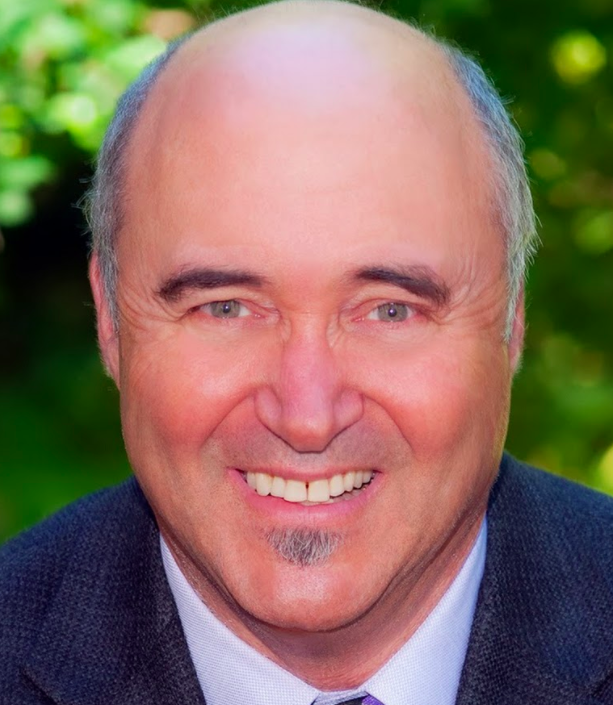
Dana Ullman has great advice for how to do good in the world by creating a platform for yourself.
By unknowingly practicing medicine without a license in 1973, Dana Ullman was accidentally thrust into the spotlight – and found innocent. The publicity gave him a platform, and his subsequent public health policy studies gave him the knowledge to create change. In 1984, he published his first book, and for years he has been deepening his knowledge of homeopathy and spreading the word. ABC News 20/20 described Ullman as “homeopathy’s foremost spokesman” and Time Magazine “leading proselytizer of homeopathy.”
Excerpt:
Dana: Alright. Well, hello everybody out there. My name is Dana Ullman. I’ve written ultimately 10 books on homeopathic medicine. I am honored that two of these books include forwards by the physician to her majesty Queen Elizabeth II. So Homeopathy may be new to people out there, but it’s not some type of new aged fangled thing, unless you want to consider the Queen of England to be a new aged woman — I don’t think many of you would do that.
Jeffery: So I think we originally started talking about doing this podcast, Dana, because you didn’t tell me the story I’m curious to hear, that you became widely known, famous as it were, in an unusual way. How did you come to public attention?
Dana: Well, 1976 I got arrested for practicing medicine without a license. Ultimately 10 months later we ended up winning the court case that created a lot of media for me. And basically, it gave me a platform — and I still on that platform. Though I think it did change my life professionally because instead of going into practice (although I am in practice now) I ended up going to the School of Public Health at UC Berkeley and getting my masters degree and decided to work for several decades on… not just writing 10 books and publishing 40 and writing in medical textbooks, including ultimately four medical textbooks, a chapter on Homeopathy; instead of practicing, I worked on educating and health policy issues and ultimately changing the world.
Jeffery: That’s what everybody wants to do in some way. Was that — it brings to mind the expression “it’s better to ask forgiveness than permission”. You went and practice medicine without a license and then you — tell me why, I mean, what motivated you to do that and how did you win the court case and what kind of press did you get at that time?
Dana: Well, I come from a medical family. My father was a pediatrician with a specialty in allergy. It’s little ironic that his specialty would be allergy because in allergy they give you small doses of that which you’re allergic to to help build up resistance to that particular allergen. It’s karmic because that principle of using small doses to build up body’s immune system to what larger doses may cause derives from homeopathic medicine.
And so my bottom line is I didn’t actually purposely seek to be arrested, that was not my goal or intention. I knew that that was a possibility and in fact, what ended up happening I was living in a household of six people: four women and one man. And the other guy didn’t fit in well; he was a Libertarian and have a nine-to-five job, he was sort of what you might call a hyper-rationalist. He was skeptical of homeopathy. I have no problem with anyone being skeptical. I challenged him even if you wanted to do an experiment on himself where I would give him a homeopathic remedy and he refused. So when he moved out of the house, he wrote a letter to the medical board saying that I was hanging out with people involved with yoga and bioenergetics and the like and preying upon Berkeley types.
And ultimately, they sent out an agent posing as a patient and it’s the only time in my life I actually ever had a sense that the guy was an agent and I asked him directly if he was an agent but then didn’t even give him a chance to answer and I simply said, “Well, you know I’m not a doctor. I’m not doing anything illegal,” and he came in and I ended up taking his case and giving him a homeopathic medicine. He came back a week later saying that he was having a fever and I said, “That’s a very good sign; it’s suggesting that the homeopathic medicine is working. Come back in a week when you’re better. He was really trying to nail me, you know, of treating him when he’s formally sick and here I was telling him to come back when he is better because the homeopathic medicine may have initiated a healing and this acute illness was simply a part of it. And then I gave him a second medicine when he finally came back for the third time.
We ended up winning the case because my lawyer who had a special interest in alternative medicine felt there was a difference between medical care and health care, and that most of the laws that defined the practice of medicine define the practice of medicine as the diagnosis and treatment of diseases –sounds like that’s what it is indeed, but I made it clear and my lawyer made it clear that I never said what disease he had, he told me what disease he had, he had eczema and he had a chronic cold and I elicited his unique symptoms of these particular syndrome of symptoms and then I ultimately prescribed the medicine.



